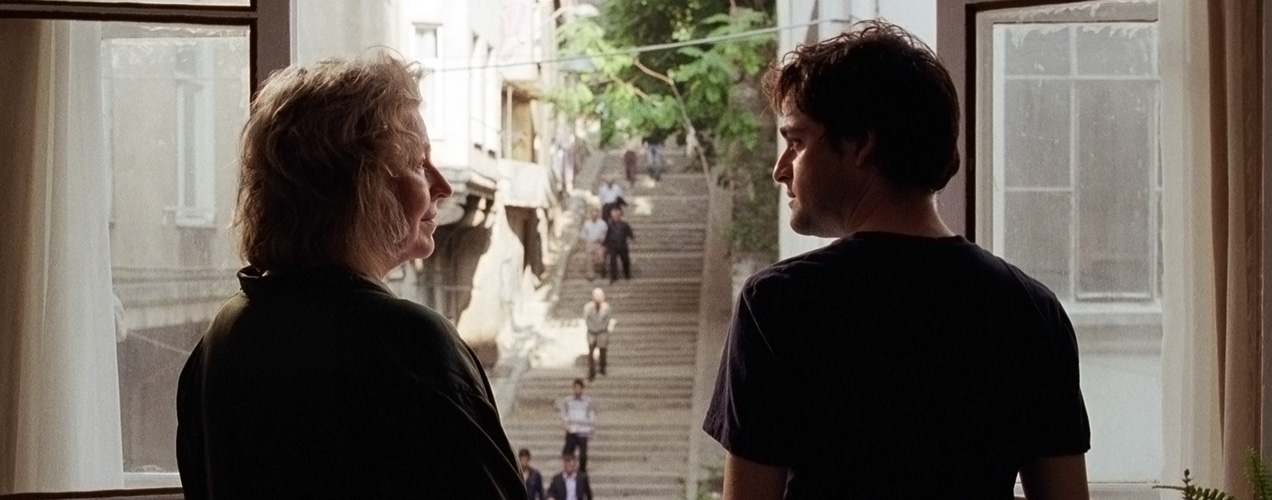2007 / Fatih Akin > For a while, I thought this was going to be Babel-lite. But Akin, having shown his ability to mesmerize and churn the human heart in the fantastic Head-On, tempered his storytelling technique so that it doesn’t reek of emotional manipulation. Sure, it’s got some points where he heavily tests Murphy’s Law, but eventually you can see a mechanism for him to examine how we grieve, how we find solace in a world of tragedies and how there’s always hope. There’s an emotional intelligence to the whole show that sticks. The icing on the cake may be the performance of Turkish beauty Nurgul Yesilcay, who comes off raw yet tender and steals every scene she’s in.
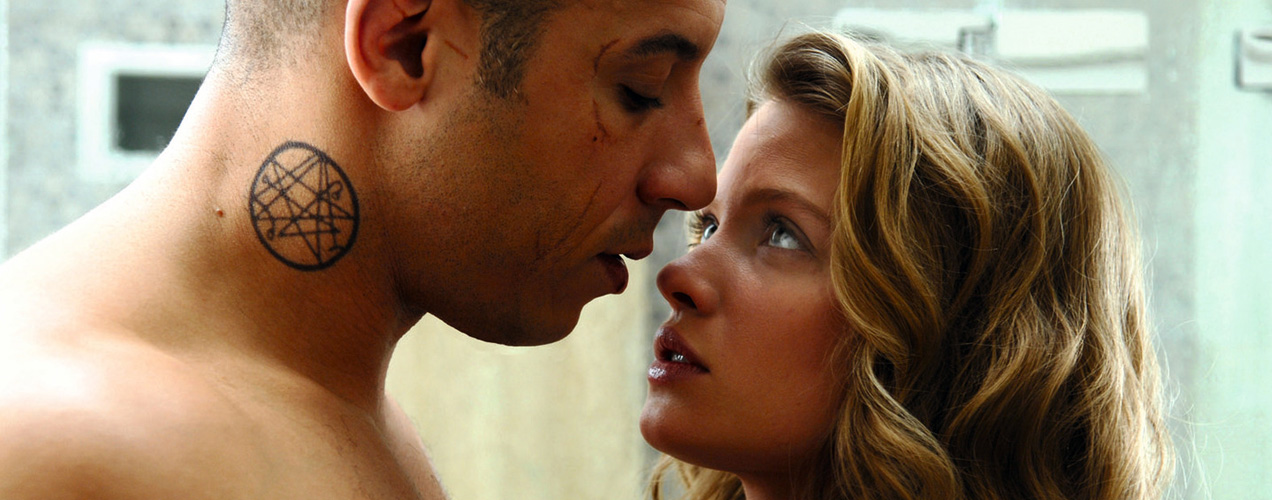
Babylon A.D.
2008 / Matthieu Kassovitz > I should have guessed when Kassovitz himself denounced the final product, but I figured it was worth a shot. I’m generally a sucker for apocalyptic near-futures, and this one seemed to have a lot of the typical plot points—military black markets, religious fanatics, a savior or two. But Fox’s interference during the filming process looks more than obvious. Considering what Kassovitz was capable of in La Haine, arguably a better version of Boyz n the Hood, this is a mess beyond belief. The story jumps, becomes incoherent, then suddenly has a wonderfully poignant (at least in its own, deluded mind) finale. Supposedly there’s a longer cut out there somewhere, but the director himself has said that he didn’t even get to film his vision. So, in effect, any alternative cut out there ought to be rendered useless.
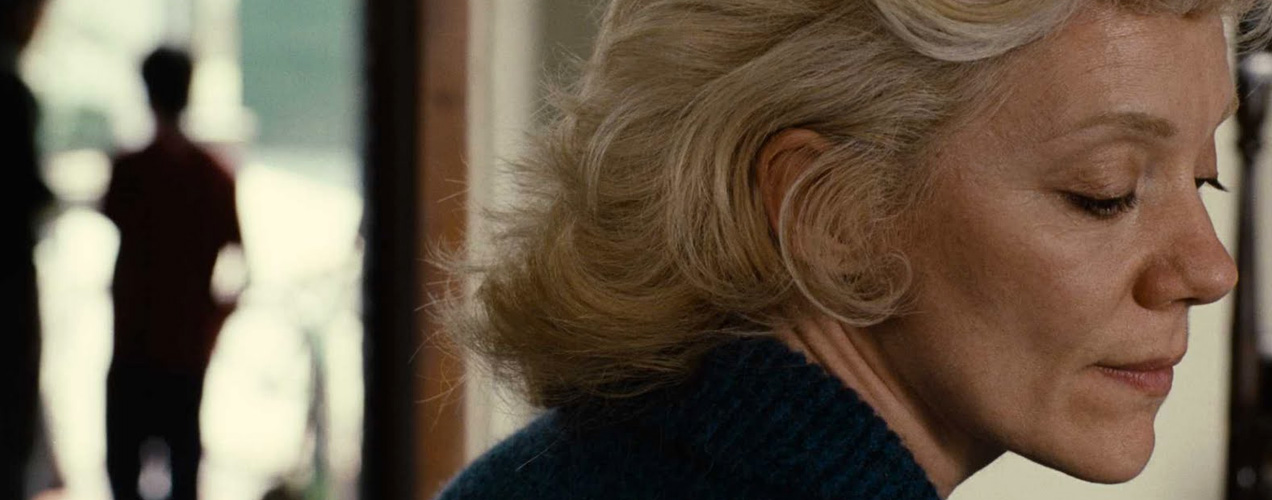
The Headless Woman
2008 / Lucrecia Martel > It’s tough to fault The Headless Woman on a fundamental level because it’s effective in what it really sets out to do: To examine a certain hazy psychological state of denial that many of us experience when confronted with an act of tragedy. Did I really do it? Was it my fault? These kinds of questions have historically been tackled by films in a very literal manner, but Martel’s effort is a considerably more subtle, quaint one that definitely should be acknowledged for its respectful approach. I found it lacking initially, but there’s an aftertaste to the experience that definitely haunts the mind. In fact, consider this a horror film in the most humane sense of the word.

Dream
 2008 / Kim Ki-duk > Again, Kim further solidifies his rank as the most polarizing director in Korean cinema. He’s usually hit or miss, and sadly, even with the presence of Odagiri Jo, Dream comes off as a wasted opportunity. Sure, the movie is intended to be a bit of a puzzle, and nothing should have been taken at face value, but that alone doesn’t make it better. In fact, the film’s progression simply frustrates with its so-called cleverness. In some ways, this is a deconstructed version of Mulholland Drive, which is a film that you can’t help but respect even if you don’t like it. But in its deconstruction, Kim has dumbed things down to the point where there’s no meat on the bone, that the audience continually gnaws upon empty illusions. The only thing of real note happens to be Lee Na-yeong’s dramatic turn that can’t help but surprise in response to her previous outings (e.g. Please Teach Me English).
2008 / Kim Ki-duk > Again, Kim further solidifies his rank as the most polarizing director in Korean cinema. He’s usually hit or miss, and sadly, even with the presence of Odagiri Jo, Dream comes off as a wasted opportunity. Sure, the movie is intended to be a bit of a puzzle, and nothing should have been taken at face value, but that alone doesn’t make it better. In fact, the film’s progression simply frustrates with its so-called cleverness. In some ways, this is a deconstructed version of Mulholland Drive, which is a film that you can’t help but respect even if you don’t like it. But in its deconstruction, Kim has dumbed things down to the point where there’s no meat on the bone, that the audience continually gnaws upon empty illusions. The only thing of real note happens to be Lee Na-yeong’s dramatic turn that can’t help but surprise in response to her previous outings (e.g. Please Teach Me English).

Blindness
2008 / Fernando Meirelles > Maybe this is another one of those novels that’s unadaptable, because Meirelles’ vision is nothing short of torture filled with the kind of stereotyped, polarizing “lessons” that makes decent movies into ham-handed atrocities. Even as it is technically proficient, with fine acting performances from Julianne Moore and Japan’s Yoshino Kimura in her English-speaking debut, Blindness still comes off as a chore. The film’s simply not enjoyable, and when the credits roll, the satisfaction borne of the ending is significantly underwhelming considering the emotional upheavals experienced earlier.
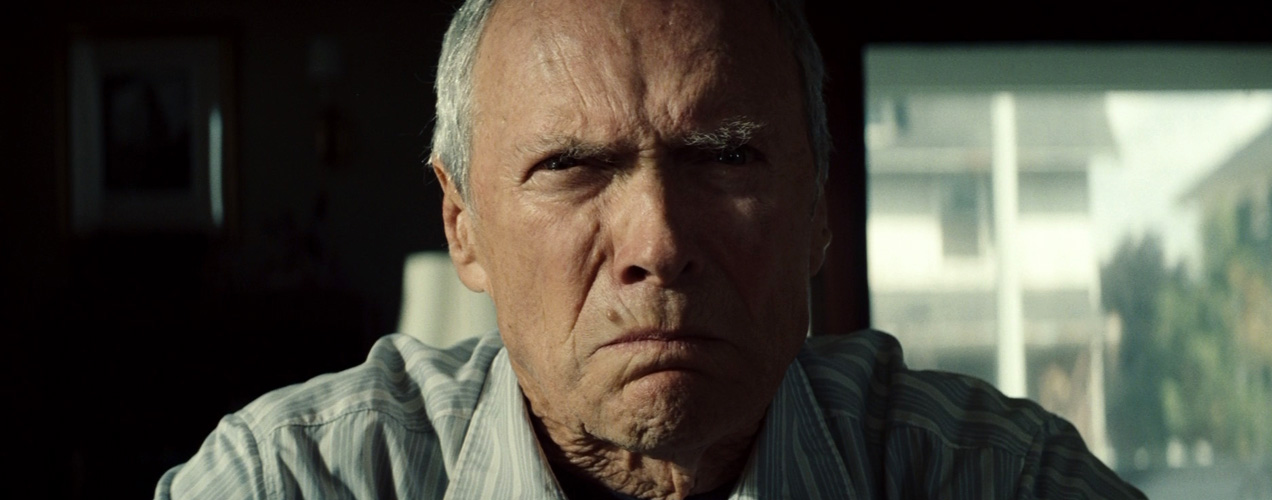
Gran Torino
2008 / Clint Eastwood > Eastwood’s farewell to acting is as polarizing a film he’s ever made. His portrayal of a seemingly racist Korean War veteran is reminiscent of his gritty facade in Dirty Harry, in ways that Gran Torino essentially becomes Finding Forrester with a shotgun. The story isn’t innovative nor is it particularly well-written, and a lot of the supporting actors are mediocre at best. The dialogue often seems elementary in its cultural naivety, though it does try to educate. (And there’s absolutely no reason the young Hmong brother should have any accent at all.) But whatever regurgitated parable about race relations and family life this is supposed to be, somehow, someway, Eastwood succeeds in packing in the kind of punch where it’s hard not to be affected by the end, even if you feel deftly manipulated.

Night and Day
2008 / Hong Sang-soo > For Hong, this is beyond return to form: It’s an impressive work that shoves aside much of the quirkiness of his previous stories and focuses on the loneliness faced by a Korean in Paris. Once again, we deal with themes of love, longing and faithfulness, but the plot devices are much more identifiable this time around. Instead of abstract meetings on trains, we have introductions and rekindling of past relationships. But beyond that, it’s hard to describe. It’s so layered that it’s nearly impossible to reach an emotional consensus upon the first viewing. But what it does do is stay with you afterwards, nagging, making you wonder if the decisions made in the film are akin to decisions you would make yourself. That’s definitely Hong’s hook, though—reveling in our self-doubts about life and the opposite sex. We watch his films to learn more about ourselves, and this is no exception.

Forgetting Sarah Marshall
2008 / Nicholas Stoller > Forgetting Sarah Marshall lacks the juvenile sensibilities of certain other Judd Apatow vehicles, and has a near-perfect balance of ideals and realism in its treatment of relationships so that it never feels tiring or sensationalist. This is also the first time I’ve ever really appreciated Mila Kunis as an actress, in contrast to her annoying character on That 70’s Show and her being totally miscast in Max Payne.
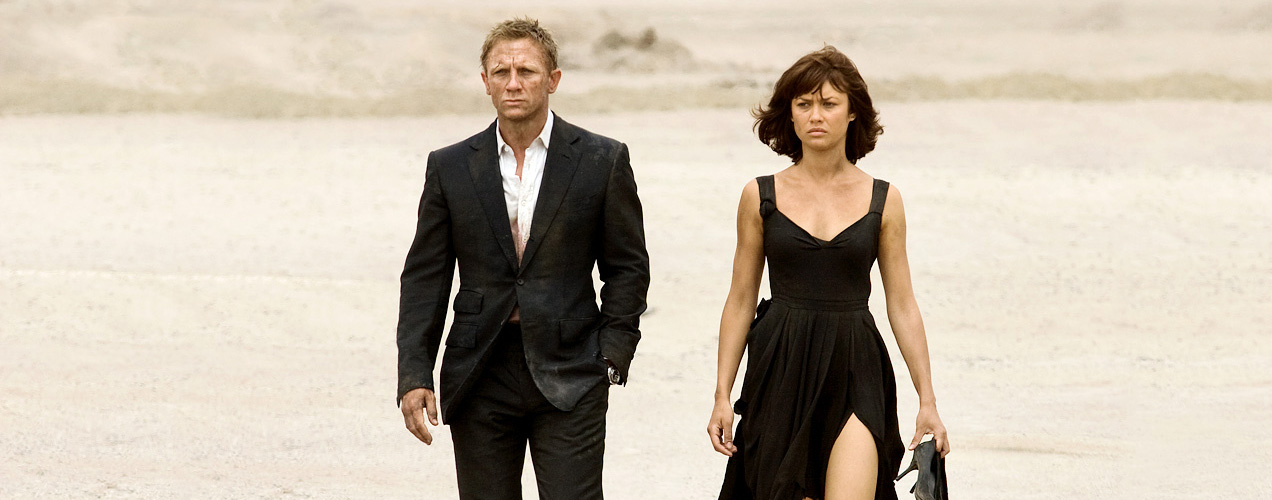
Quantum of Solace
2008 / Marc Forster > This is what we get after Casino Royale? Having seen all but the Timothy Dalton adventures of Bond, I felt that Casino Royale was arguably the best in the series, even if it significantly veered from the style of the first 20. But Forster’s vision in Quantum of Solace failed to catch the slipstream of its successor. The whole show feels anti-climactic: Too much goes on without any kind of concreteness, and the scope is so minuscule that we find it tough to care for Bond when the final fight vs. the bad guy comes. Aren’t Bond films supposed to be about global domination? Aren’t there supposed to incredibly powerful henchmen who protect the super-villains, who themselves are maddeningly intelligent and devious? This felt more like a take on Bond as if he were Jason Bourne. The film’s enjoyable, sure, but the satisfaction doesn’t last. I can’t help but stress the weakness of scope, and how it reminded me of the terrible storyline from Diamonds are Forever. The stories of James Bond are supposed to be grand in every essence of the word, but this that was not. Here’s hoping they take heed of Daniel Craig’s latest comments in saying that Bond’s initiation has ended. It’s time, finally, for the real villains to come onstage.
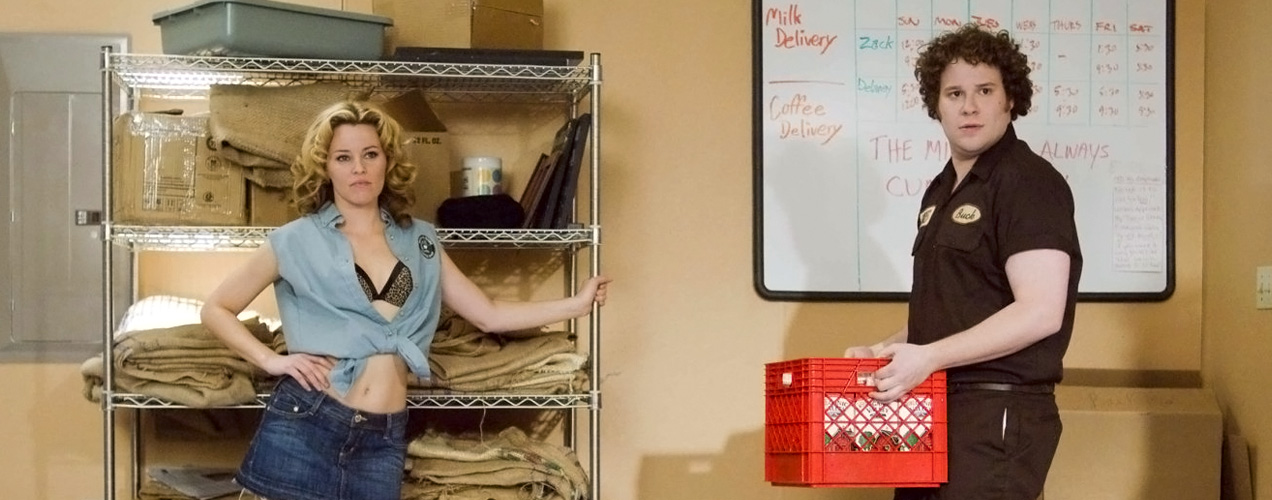
Zack and Miri Make a Porno
2008 / Kevin Smith > Has Smith always been mushy and we’ve just not noticed it because of all the vulgarity? After all, who can forget the mushiest of all rain sequences ever made in Chasing Amy? But hey, it’s completely normal to have banter filled with obscenities with your loved ones. It’s a part of life that’s never usually reflected properly in films due to the inevitable marriage of a PG or PG-13 rating to every romantic comedy possible. (This is partially why Four Weddings and a Funeral was such a winner.) But hey, Smith does it proper for the most part: Zack and Miri Make a Porno is often hilarious, sometimes charming even if it’s incredibly, ridiculously predictable from the first minute. Smith’s still got some of his quirks up the sleeve, but the film doesn’t match the overall wittiness of either Clerks II or Chasing Amy. The best part may be the revelation that is Elizabeth Banks. I’ve always liked her, but this was really something special, as if she’s finally coming into her own: Sweet, endearing and possessing just the right amount of vulnerability.

